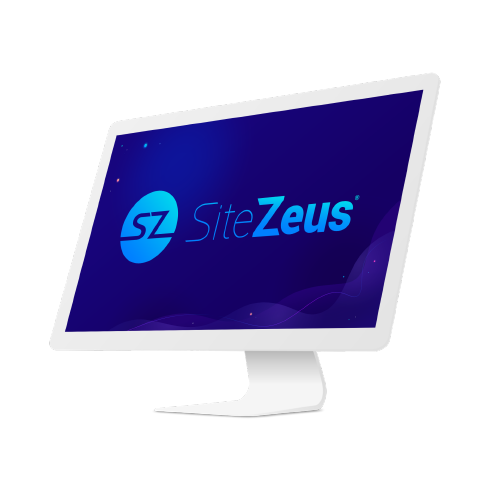Demystifying artificial intelligence and machine learning
Fear of the unknown has haunted humanity since cavemen first walked the Earth. You would think that with the current pace of innovation and technological advancements we would be comfortable with change, recognize its benefit to mankind, and embrace it – not so! The simple reason is that we are comfortable with the status quo and our “don’t rock the boat” attitude. The best way to dispel those fears is by understanding the unknown. Artificial intelligence is a perfect example of that. So, let’s get started.

- WHAT: Artificial intelligence or A.I., sometimes called machine intelligence, is intelligence demonstrated by machines as compared to the natural intelligence displayed by humans.
- HOW: Machine learning (ML) is a field of computer science that uses algebraic techniques to give computer systems the ability to “learn” without being explicitly programmed. Instead of writing code, you feed data into a generic algorithm and it builds logic based on the data given.Nothing scary here. Intelligence is not a machine’s strength. They excel at analysis of data we provide. Machines work faster, longer and can handle more complexity than we can. A.I. transfers these tasks to math and science.
- WHY: What demystified A.I./ML for me in my work as an analyst was the recognition that the technology is nothing more than a tool performing a task. In the case of location intelligence platforms, the A.I./ML-powered process looks at data, analyzes it to determine whether it influences store performance, and then summarizes it in the form of an algorithm that can be used for sales forecasting models
Sound familiar? The process is much the same as analog methodology that’s been around for decades. The technological advancement is that A.I./ML can analyze tremendous amounts of data at a granular level, and do so very, very quickly. It also recognizes that an algorithm is not a one size fits all, and as such, it develops multiple analog databases called decision tree branches and nodes that can run into the hundreds.
The A.I./ML process is not black box Regression Analysis, which relies on math and a specific set of predictive variables that remain constant for all types of store locations. Regression Analysis models also require advanced knowledge and skills to understand its internal processes. At SiteZeus, our A.I./ML platform is based on full transparency, so the user has a clear view and understanding of data variables used for algorithm development. It’s also interactive and easy to use whether you’re a novice or an experienced analyst.
Okay, so I may not be Dorothy – or the tinman or lion for that matter. But I hope this peek behind the curtain helps to demystify A.I. and explain how this technology can be used to achieve your retail growth plans.
Location intelligence platforms, such as SiteZeus, that are powered by A.I., help multi-brand operators put data to work for more accurate, faster and transparent sales forecasting. Brands can input their own POS sales data from individuals stores alongside site specific characteristics and features, such as demographics and traffic patterns. The power of A.I. is that the technology can do the heavy lifting of sifting through copious amounts of data and variables to identify patterns, and then search for other locations around the country that match those same patterns.
Did you enjoy this post?
Give it a star rating to help us bring you great content!
Recommended Posts

